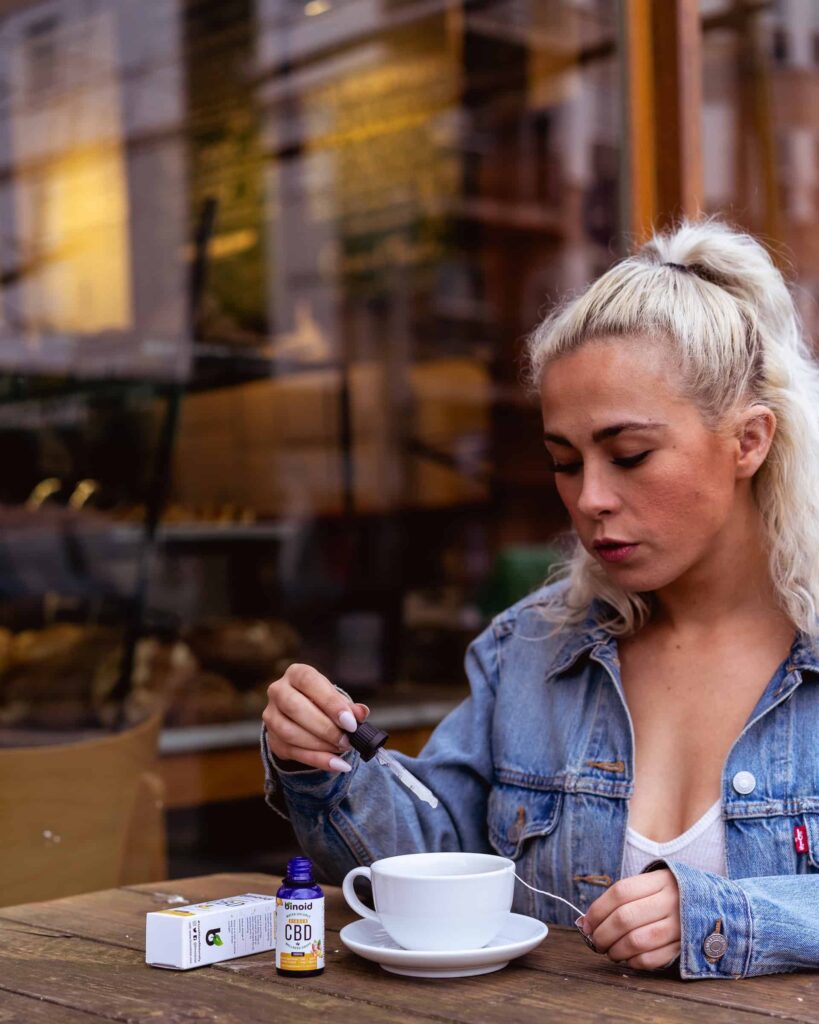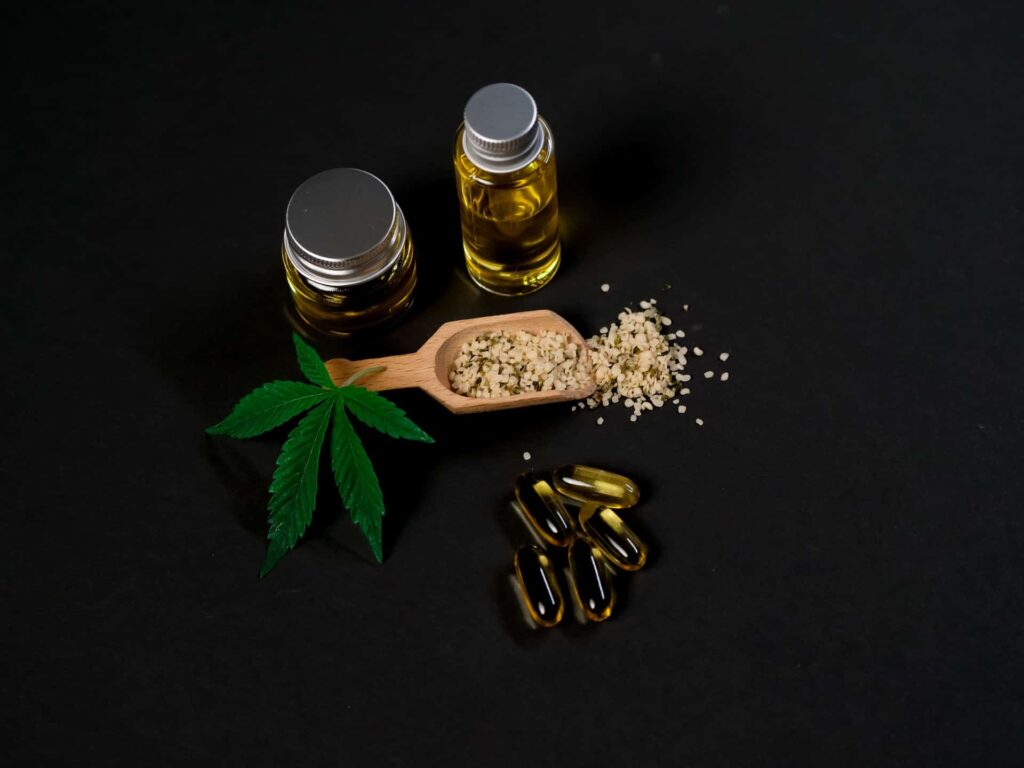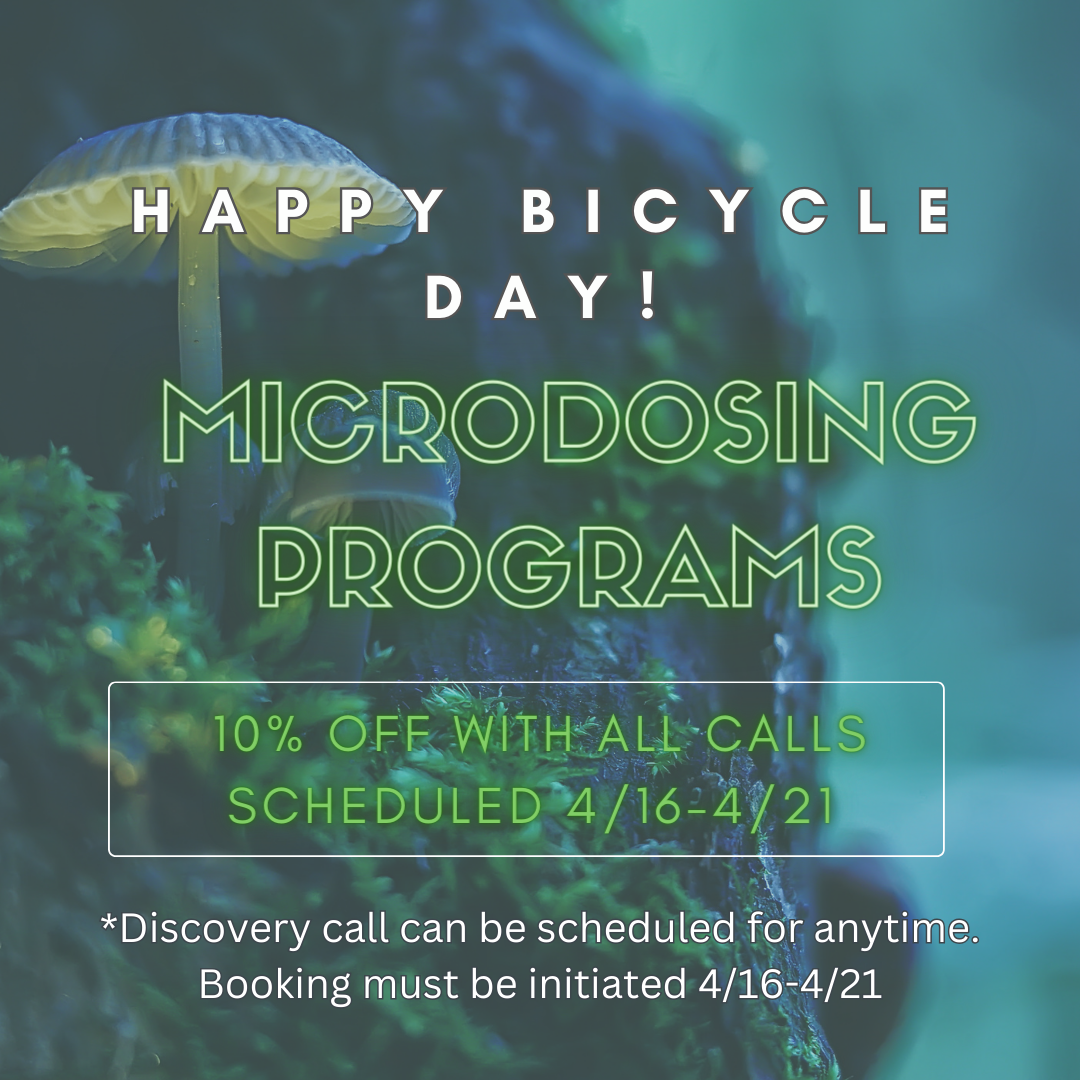The CBD marketplace is full of buzzwords, like isolate, full spectrum, broad spectrum, and whole plant, but what do these all mean? These terms are used to describe the presence of certain compounds in cannabis and hemp products.
CBD whole plant extracts maintain all the naturally-occurring compounds in the plant, and scientists believe it may directly impact the efficacy of cannabis products. After the discovery of cannabinoids and the application of advanced scientific techniques, scientists are now considering the possible use of products with single cannabinoids. These are known as cannabis extracts. Since then, there has been a debate about the efficacy and safety of whole-plant CBD extracts and isolates. This article will dive into whole plant CBD, its benefits, and comparison with CBD extracts.
What is whole plant CBD?
Whole plant CBD products contain all the naturally-occurring compounds found in the cannabis plant. It’s as close to eating the raw plant as you can get! Despite some false advertising from some CBD brands, the whole plant DOES NOT mean that the product contains leaves, stems, and stalks.
Whole plant CBD refers to the way that the CBD was extracted from the plant. While there are various methods to concentrate and extract valuable cannabis oil, ethanol extraction using organic food-grade ethanol is one of the best extraction methods to get a whole plant extract. Ethanol extraction maintains cannabinoids, flavonoids, terpenes, fatty acids, chlorophyll, and hundreds of other compounds.
Ethanol extraction is a labor-intensive process, so these products can cost more than those that used other extraction methods.

Why it matters
Whole plant formulations are evidence-based for providing optimal therapeutic outcomes, meaning that it actually works, and works at a lower dose. Many studies have supported whole plant extracts over isolates for treating things like symptoms of autism, chronic pain, or GI issues.
It also matters because whole plant formulations will be more effective at a lower dose, which means you use less and save money!
More compounds=more targets and more therapeutic benefits.
At the time of writing this article, scientists have identified more than 530 compounds in the cannabis plant, with only about 120 described as cannabinoids. Some of the commonly encountered compounds in the cannabis plant include but are not limited to the following;
Major cannabinoids
These are predominantly CBD and THC. These are the most abundant and most common cannabinoids in the cannabis plant, and they are mostly found in Type I, II, and III cannabis chemovars. Their concentration ranges from 5% to as high as 50% of the total cannabinoid concentration of the product.
Minor cannabinoids
These include CBG, CBN, CBC, THCV, CBDV, and other naturally-occurring cannabinoids that exist in smaller concentrations in the cannabis plant. While these cannabinoids are not widespread due to their limited concentration in the plant, they also play a critical role in the overall activity of cannabinoids on receptors.
Aromatic compounds like terpenes and esters
These are compounds that give the cannabis plant its unique aroma or smell. They include limonene, myrcene, terpinolene, linalool, beta-caryophyllene, and pinene. They play an important role in the entourage effect.
Other compounds found in whole-plant CBD products include flavonoids, alkaloids, phytonutrients, and minerals.
Extraction Process Matters
How the oil is extracted determines if it’s a whole plant or not. Let’s look at some of the most common extractions.
Ethanol and Butane Extraction
These two chemicals act as solvents in which to extract CBD oil. These methods produce a whole plant product. There is a small possibility of residual ethanol or butane on the final product, and this should be tested for and results should be visible on the COA, such as this one. As you can see, a trace amount of ethanol remains, which is considered safe for consumption, being that it’s organic food-grade ethanol. The same cannot be said for butane if there is residual butane.
CO2 Extraction
CO2 extraction is very common among big brands like Charlotte’s Web (they actually changed from ethanol to CO2, and many patients reported a decrease in efficacy). This method involves big machines that use heat, pressure, and carbon dioxide. This method is considered the “cleanest” but the terpenes, flavonoids, chlorophylls, and hundreds of other beneficial compounds are lost in this process.
Benefits of whole plant CBD extracts
Entourage effect
The entourage effect describes a situation where compounds in a cannabis plant interact with each other to modulate the negative effects of psychotropic cannabinoids, especially THC.
So far, scientists have reported the entourage effect between terpenes, cannabinoids, and terpene cannabinoids. Apart from regulating the effect of THC, terpenes were discovered to also affect how cannabinoids interact with receptors. Terpenes like beta-caryophyllene were reported to improve the interaction of CBD with CB2 receptors.
More targets
With more compounds comes more targets. Whole plant CBD products come with several compounds that can work alone or in synergy with other compounds to provide better outcomes. For instance, terpenes and cannabinoids can activate different receptors, thus bringing out faster relief and experience.
A 2018 study shows that full-spectrum products are more effective at dealing with chronic pain than isolates. This was attributed to the combined effects of cannabinoids and terpenes.
Less processed
Whole plant products are less processed than isolates and other CO2-extracted products. This keeps the products or cannabinoids in a fairly natural state. The more processed the cannabis product, the higher its likelihood of retaining the natural characteristics of the plant.

Whole plant CBD vs. isolates
Since CBD isolates contain a single cannabinoid, it engages fewer receptors and does not exhibit an entourage effect. CBD isolates and CO2-extracted products are overly processed and are not as effective as whole plant extracts in dealing with certain conditions.
The only advantage of cannabis isolates is that users can narrow down their experience to one cannabinoid and not the synergy between several compounds. Isolates are easier to dose, with users having more control over their overall experience.
Where can I find whole-plant CBD?
Trusted Canna Nurse has a line of whole-plant CBD oils and topicals.
Last Updated on January 28, 2024 by Megan Mbengue, BSN, RN, CHPN


